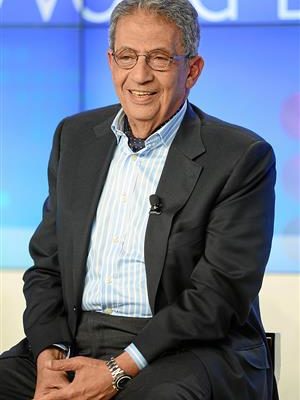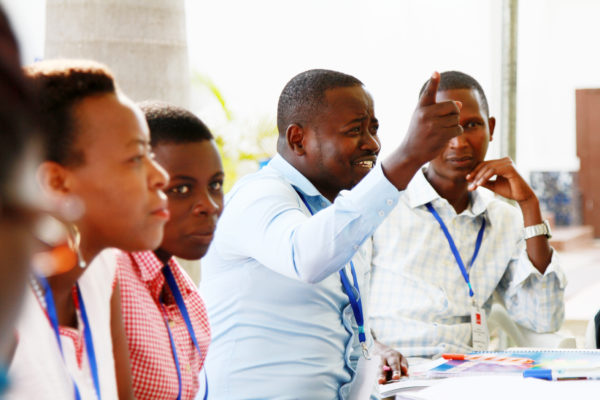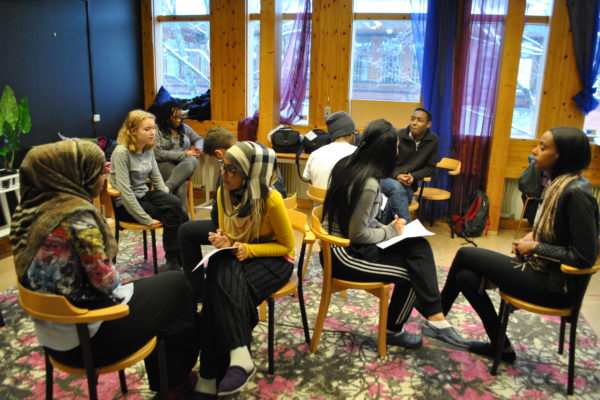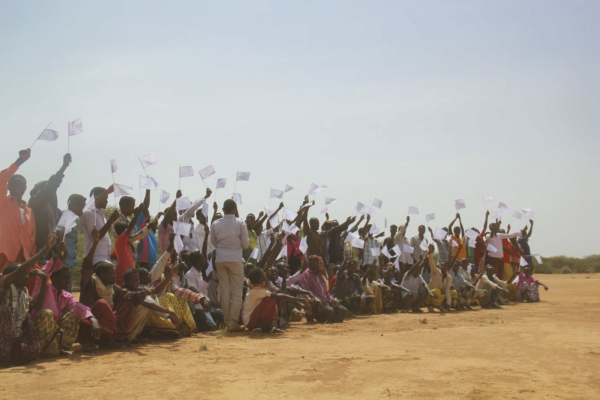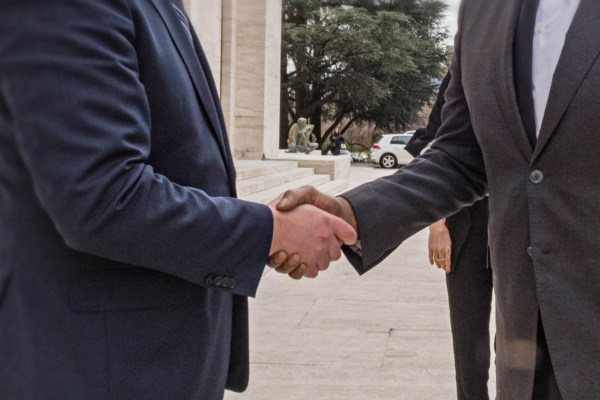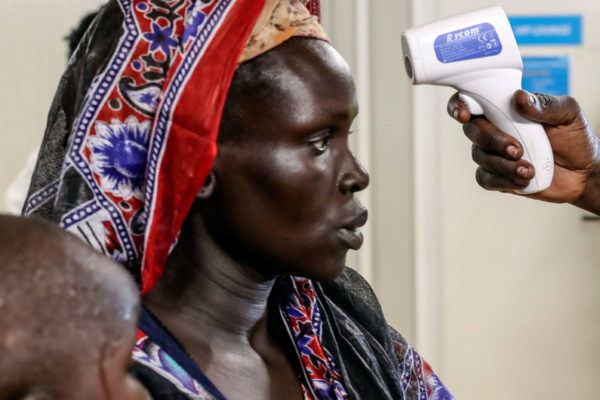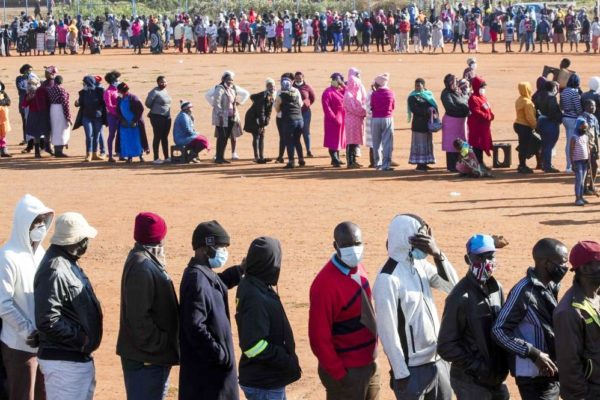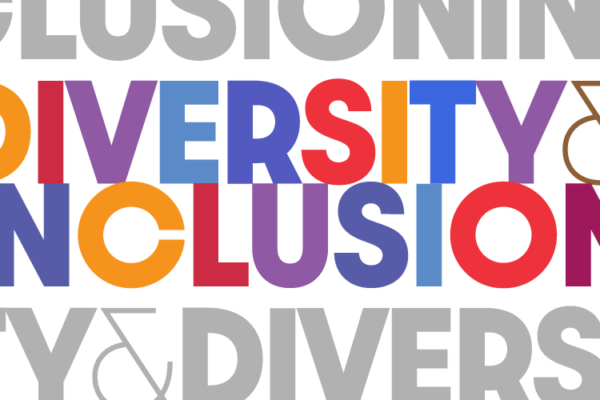In 2015, the Mali Government and armed groups concluded the Agreement on Peace and Reconciliation in Mali - a peace agreement to end years of violent conflict in parts of the country. Five years later, implementation of the Agreement has not progressed as expected.
According to the Monitoring Committee responsible for tracking implementation of the peace accord, none of the five pillars of the Agreement has been implemented in a satisfactory manner to date. The delay and growing mistrust increase the risk of a fresh start to violence, especially against the background of ongoing civil protests in the country.
The Agreement – resulting from the so-called “Algiers process” - was reached with the assistance of international mediators, and was a commitment to end violent confrontations, consolidate peace and enhance local participatory governance. It was signed by the Government of Mali and two coalitions of armed groups: the Coordination of Azawad Movements (CMA) and the Platform of armed groups (the Platform).
The Agreement provides the opportunity to develop locally-relevant institutional mechanisms and structures that have capacity for inclusion, active participation and social cohesion, in order to achieve not only peace but also strengthened national unity. This includes regional and local peace and reconciliation structures, a Disarmament, Demobilisation and Reintegration (DDR) programme, decentralisation measures, and the implementation of community policing to strengthen trust between communities and security actors. However, five years after the Agreement was signed, the parties are still yet to make sufficient use of the opportunity to advance the implementation of these mechanisms.
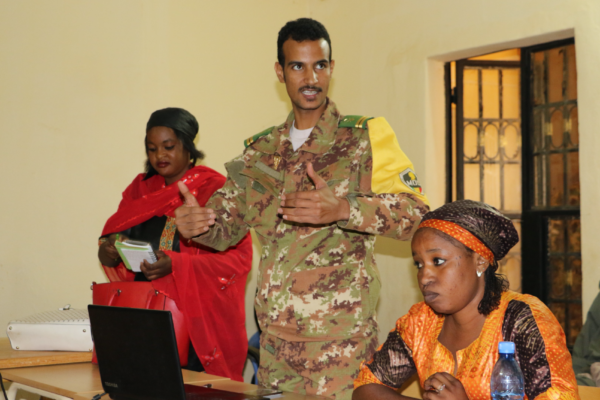
A security officer explains the mission of MOC to Gao population during a session. Photo: IMRAP
The delay demonstrates that parties need to renew their trust and commitment to achieving lasting peace.
This lack of progress so far, the challenges in implementing the Agreement and the peacebuilding need is well illustrated in the implementation of the Mixed Patrols, or what are known locally as the “MOC” (Mécanisme Opérationnel de Coordination) – a joint force that brings together the Malian army and ex-combatants from the signatory parties. The MOC is one of the pillars of the Peace Agreement, a symbol of reconciliation and a path to a future reintegrated Malian army - inclusive of all formerly conflicting parties. However, the MOC is struggling to gain the trust of local populations amidst a climate of heightened fear, tensions, and insecurity.
To increase trust and collaboration between the MOC and the populations of Gao and Timbuktu, Interpeace and its local partner in Mali, the Institute Malien de Recherche Action pour la Paix (IMRAP), have supported the creation of a collaboration framework between the MOC and civilians.
“The best solution are these meetings (…) that you organise, to be able to calm and lower tensions before it is too late, and to create a climate of trust between the MOC and the civilian population,” said one participant during a dialogue session facilitated by IMRAP in Timbuktu.
Through participatory dialogue and joint and localised activities in Gao, the MOC and local populations have gained a deeper and stronger understanding of their roles and responsibilities in building peaceful societies.
“The MOC was perceived as the cause for trouble in Gao and their camps were seen as a source of security problems. Acts of banditry perpetrated in the towns were attributed to the MOC. Crimes committed with pick-up vehicles were directly attributed to the MOC because their cars were not labeled for identification,” said Alban Tapsoba, Interpeace’s Programme Support Officer in Mali.
He added: “Our intervention made it possible to brand and identify MOC vehicles. The populations are the first to defend the MOC now, when criminal acts or abuses are committed with vehicles not owned by the MOC.”
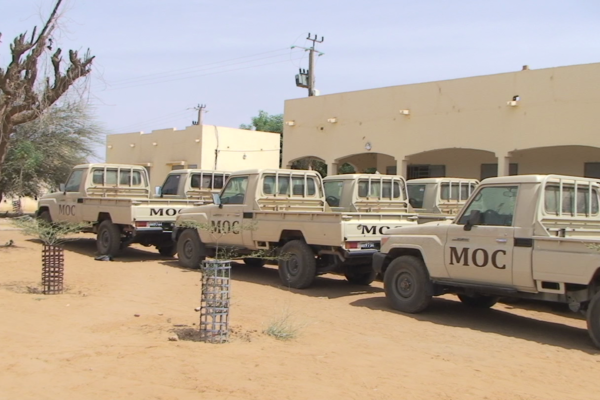
Branded MOC vehicles. Photo: IMRAP
Radio discussions, video projections, debates, and awareness campaigns with community leaders, youth and communities have contributed to enhancing trust and social cohesion. Interpeace’s programme has also facilitated exchange workshops between the MOC and communities, leading to the implementation of community projects, designed and implemented by communities and the MOC themselves. Support to localised solutions is key to sustainability and ownership. These actions, which promote reconciliation - an important part of the Agreement - also contribute to prevention efforts in the North of Mali.
“Next time we meet with the MOC, we are going to share a meal together. We are going to eat together. We are going to spend the day together. It will no longer be from group to group, but from person to person,” explained a participant at one of the dialogue meetings in Gao, facilitated by IMRAP.
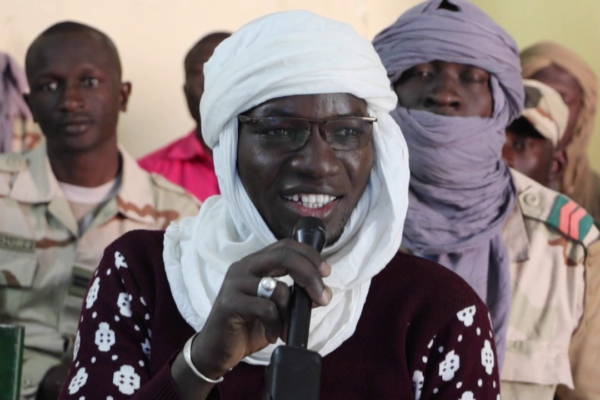
A participant speaks during dialogue session between the MOC and communities in Timbuktu. Photo: IMRAP
Since 2016 Interpeace and IMRAP have been working with local and international stakeholders and supporters to contribute to an inclusive and participatory implementation of the Peace Agreement with support from the Peace and Stabilization Operations Programme of the Government of Canada as well as the UN Peacebuilding Fund.
“The general conclusion is that there has not been as much progress over the last five years as all parties hoped would be possible and planned. But implementing peace agreements anywhere in the world is always harder than negotiating and signing them in the first place. And, thanks to dedicated and locally-adapted action on the ground, continued commitment by the Government of Mali, and long-term support from international partners, there is the opportunity to make further progress in the years ahead on all elements of the Peace Agreement.” said Simon Gimson, Interpeace’s Vice-President.
“Crucially, trust is being successfully rebuilt, which is an investment in the Agreement’s and Mali’s future,” he concluded.
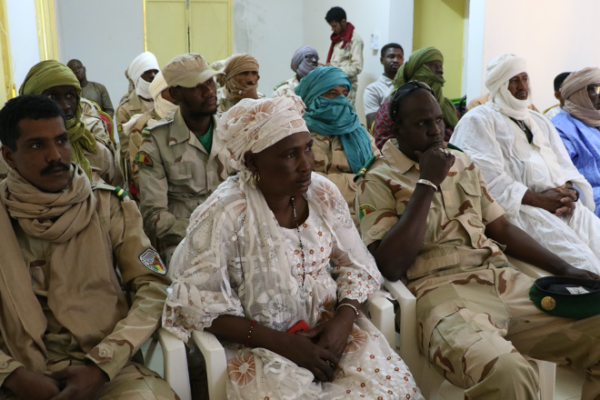
MOC security officers and civilians during a dialogue session in Timbuktu. Photo: IMRAP
